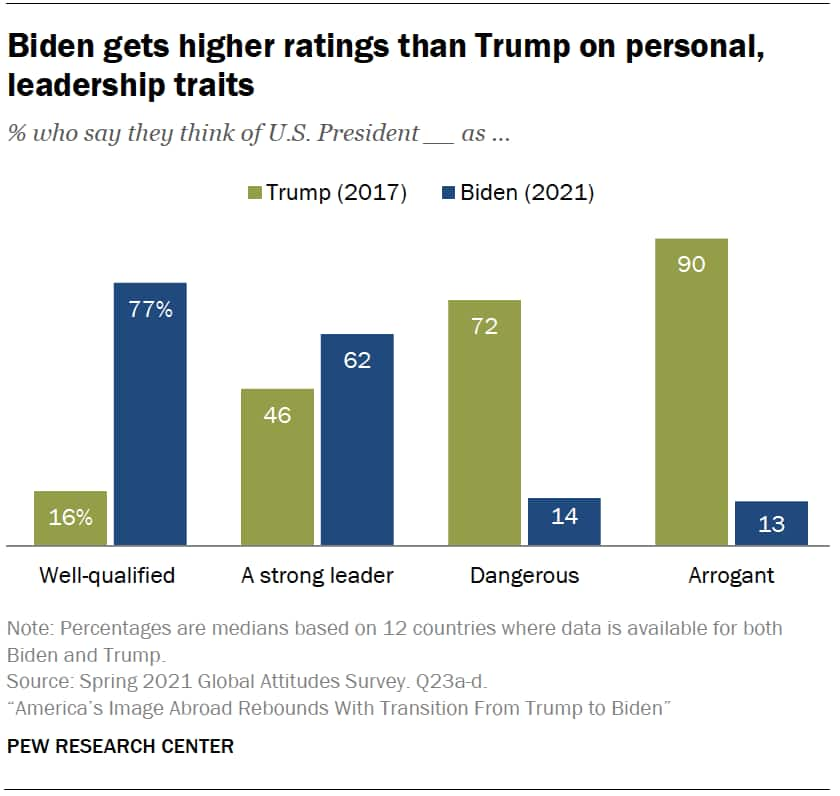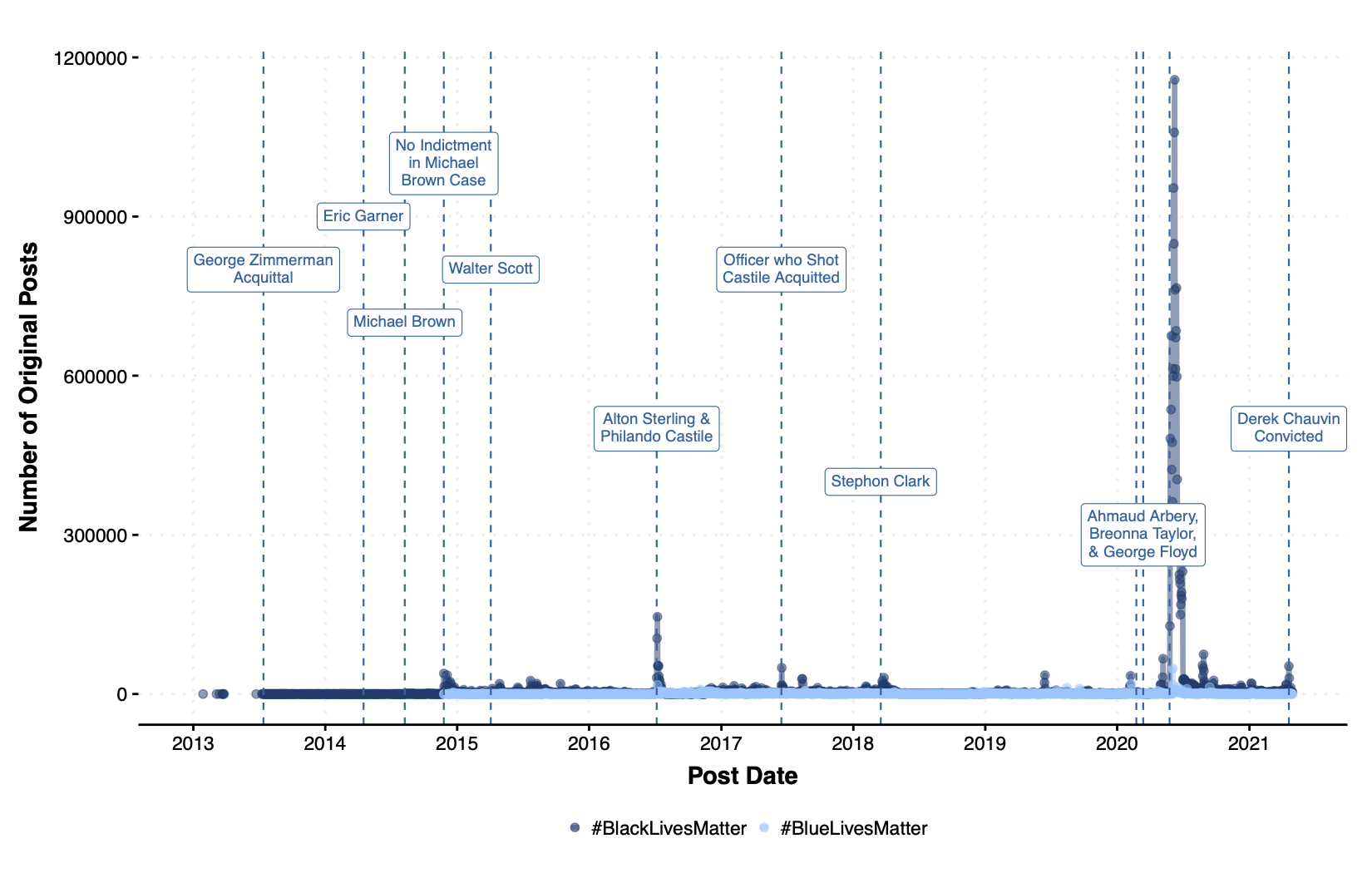Wednesday in Whitewater will see brief morning showers with a high of 77. Sunrise is 5:17 AM and sunset 8:37 PM, for 15h 20m 02s of daytime. The moon is a waxing gibbous with 97.8% of its visible disk illuminated.
The Whitewater Tech Park Board meets at 8 AM.
On this day in 1942, Germany’s latest fighter aircraft, a Focke-Wulf Fw 190, is captured intact when it mistakenly lands at RAF Pembrey in Wales: “Oberleutnant Armin Faber was a German Luftwaffe pilot in World War II who mistook the Bristol Channel for the English Channel and landed his Focke-Wulf 190 (Fw 190) intact at RAF Pembrey in South Wales. His plane was the first Fw 190 to be captured by the Allies and was tested to reveal any weaknesses that could be exploited.”
Recommended for reading in full —
John Torinus writes New UW Regents Chair [Ed Manydeeds] Faces Challenges:
The make-up of higher education has changed dramatically in the last decade. The new UW president will not be dealing with just bricks and mortar issues. His or her strategic plan, and those of the 13 campuses, will also have to factor in burgeoning trends and realities:
- High school graduates will arrive on campus with as much as a quarter of their required baccalaureate credits – already awarded from Advanced Placement courses in high school, online courses and dual enrollment in high school and college while still in high school.
- They will be debt conscious and will not want to take many courses that are non-essential to their career intentions.
- They will be accustomed to working online and won’t need to be on a physical campus for parts of some courses.
- The world of work will be clamoring for their services. They will be eager to get off campus for internships and for good-paying jobs. Students will be less oriented to party time.
- If Republicans continue to control the Legislature, new funds for the university will be meted out conservatively.
- Enrollments will continue to decline and tuition revenues will go down accordingly, even with modest tuition increases.
- Research dollars at UW–Madison have been falling off sharply in recent years.
Jeff Kao, Raymond Zhong, Paul Mozur, Aliza Aufrichtig, Nailah Morgan and Aaron Krolik report ‘We Are Very Free’: How China Spreads Its Propaganda Version of Life in Xinjiang:
These and thousands of other videos are meant to look like unfiltered glimpses of life in Xinjiang, the western Chinese region where the Communist Party has carried out repressive policies against Uyghurs and other predominantly Muslim ethnic minorities.
Most of the clips carry no logos or other signs that they are official propaganda.
But taken together, the videos begin to reveal clues of broader coordination — such as the English subtitles in clips posted to YouTube and other Western platforms.
A monthslong analysis of more than 3,000 of the videos by The New York Times and ProPublica found evidence of an influence campaign orchestrated by the Chinese government.
The operation has produced and spread thousands of videos in which Chinese citizens deny abuses against their own communities and scold foreign officials and multinational corporations who dare question the Chinese government’s human rights record in Xinjiang.
It all amounts to one of China’s most elaborate efforts to shape global opinion.
….
Western platforms like Twitter and YouTube are banned in China out of fear they might be used to spread political messaging — which is exactly how Chinese officials are using these platforms in the rest of the world.
They are, in essence, high-speed propaganda pipelines for Beijing. In just a few days, videos establishing the Communist Party’s version of reality can be shot, edited and amplified across the global internet.



